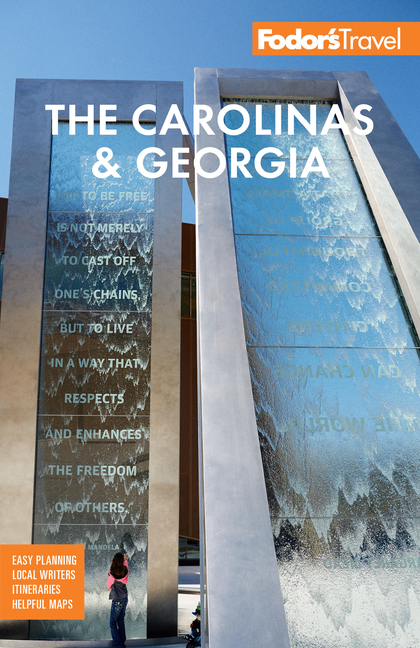The World of Gullah
In the Lowcountry, Gullah refers to several things: a language, a people, and a culture. Gullah (the word itself is believed to be derived from Angola), an English-based dialect rooted in African languages, is the unique language, more than 300 years old, of the African Americans of the Sea Islands of South Carolina and Georgia. Most locally born African Americans of the area can understand, if not speak, Gullah.
Descended from the thousands of Africans enslaved in the Carolinas, the Gullah people have maintained not only their dialect but also their heritage. Much of Gullah culture traces back to the African rice-coast culture and survives today in the art forms and skills, including sweetgrass basket making, of Sea Islanders. During the colonial period, plantation owners deliberately enslaved West Africans with experience growing rice, seizing their knowledge and labor for profit. Those with basket-making skills were also enslaved because baskets were needed for agricultural and household use. Made by hand, sweetgrass baskets are intricate coils of marsh grass with a sweet, haylike aroma.
Nowhere is Gullah culture more evident than in the foods of the region. Rice appears at nearly every meal—Lowcountry dishes use okra, peanuts, benne (a word of African origin for sesame seeds), field peas, and hot peppers. Gullah food reflects the bounty of the islands: shrimp, crabs, oysters, fish, and such vegetables as greens, tomatoes, and corn. Many dishes are prepared in one pot, a method similar to the stewpot cooking of West Africa.
On St. Helena Island, near Beaufort, Penn Center is the unofficial Gullah headquarters, preserving the culture and developing opportunities for Gullahs. In 1852 the first school for formerly enslaved African Americans was established at Penn Center. You can delve into the culture further at the York W. Bailey Museum.
On St. Helena, many Gullahs still go shrimping with hand-tied nets, harvest oysters, and grow their own vegetables. Nearby on Daufuskie Island, as well as on Edisto, Wadmalaw, and John’s islands near Charleston, you can find Gullah communities. A famous Gullah proverb says, If oonuh ent kno weh oonuh dah gwine, oonuh should kno weh oonuh come f'um. Translation: If you don't know where you're going, you should know where you've come from.




